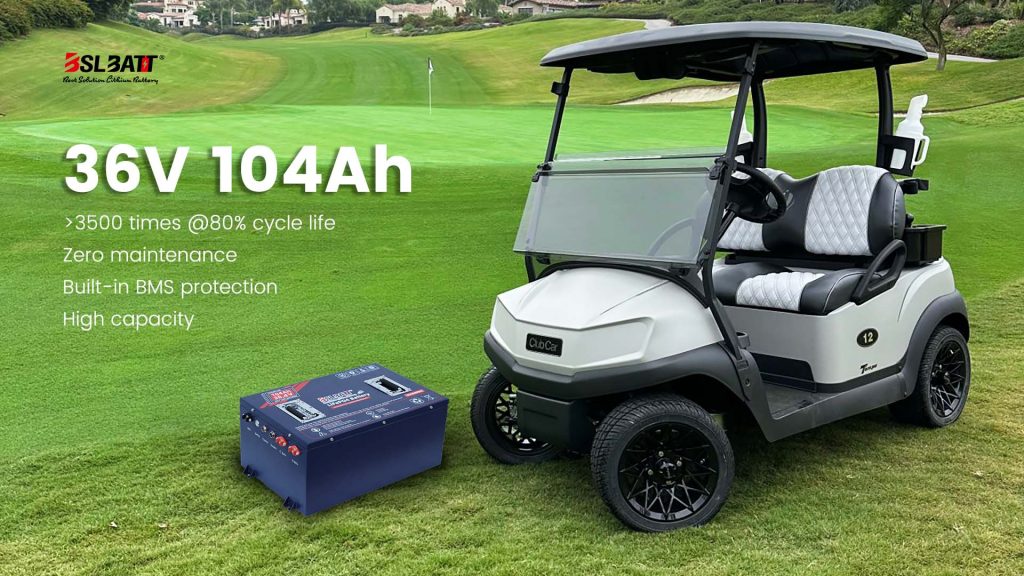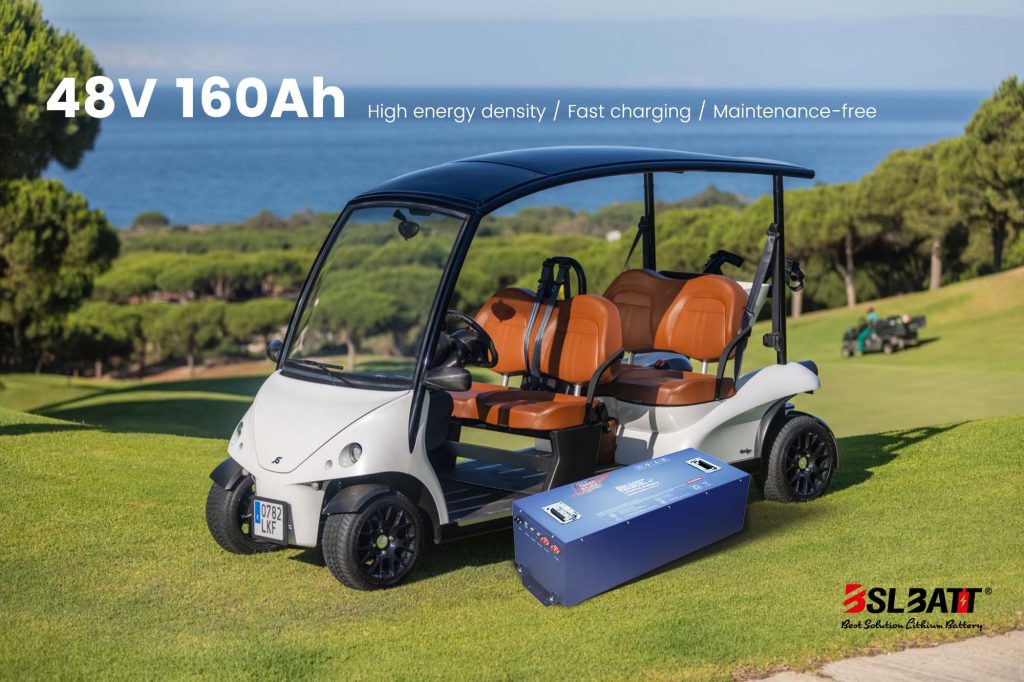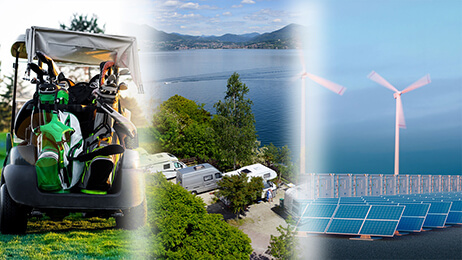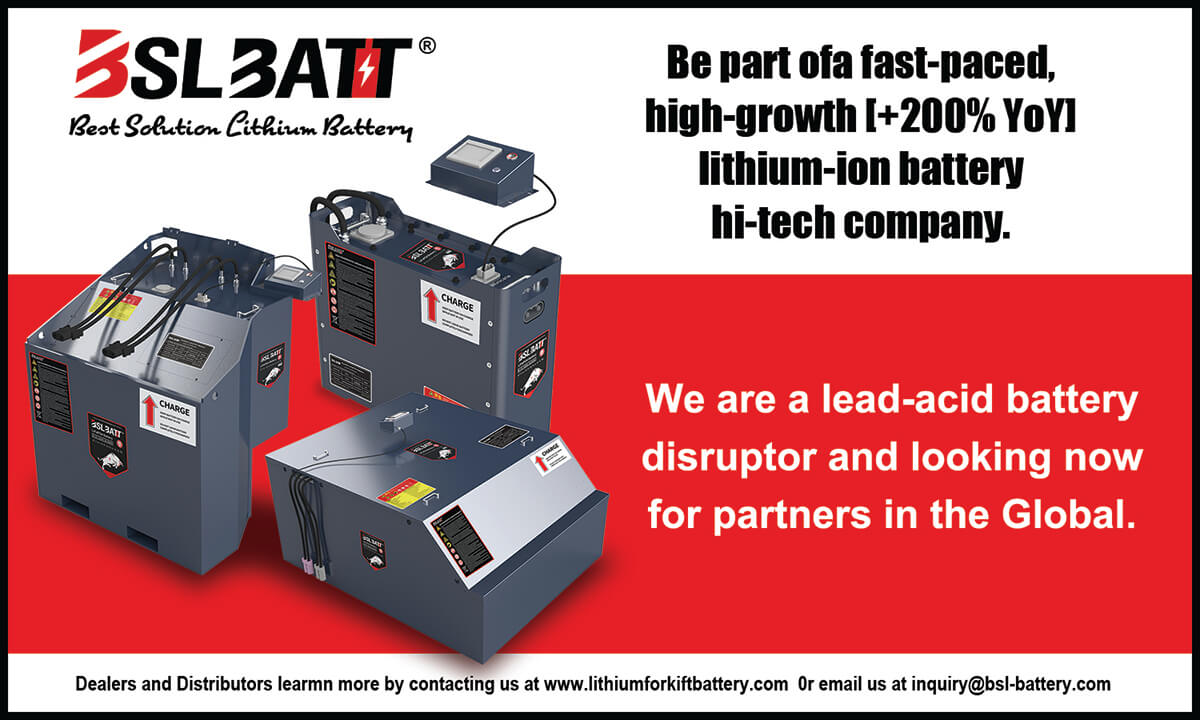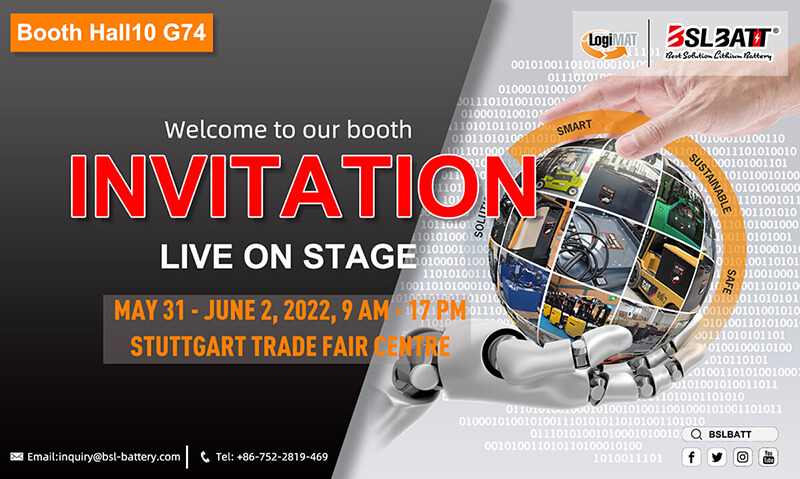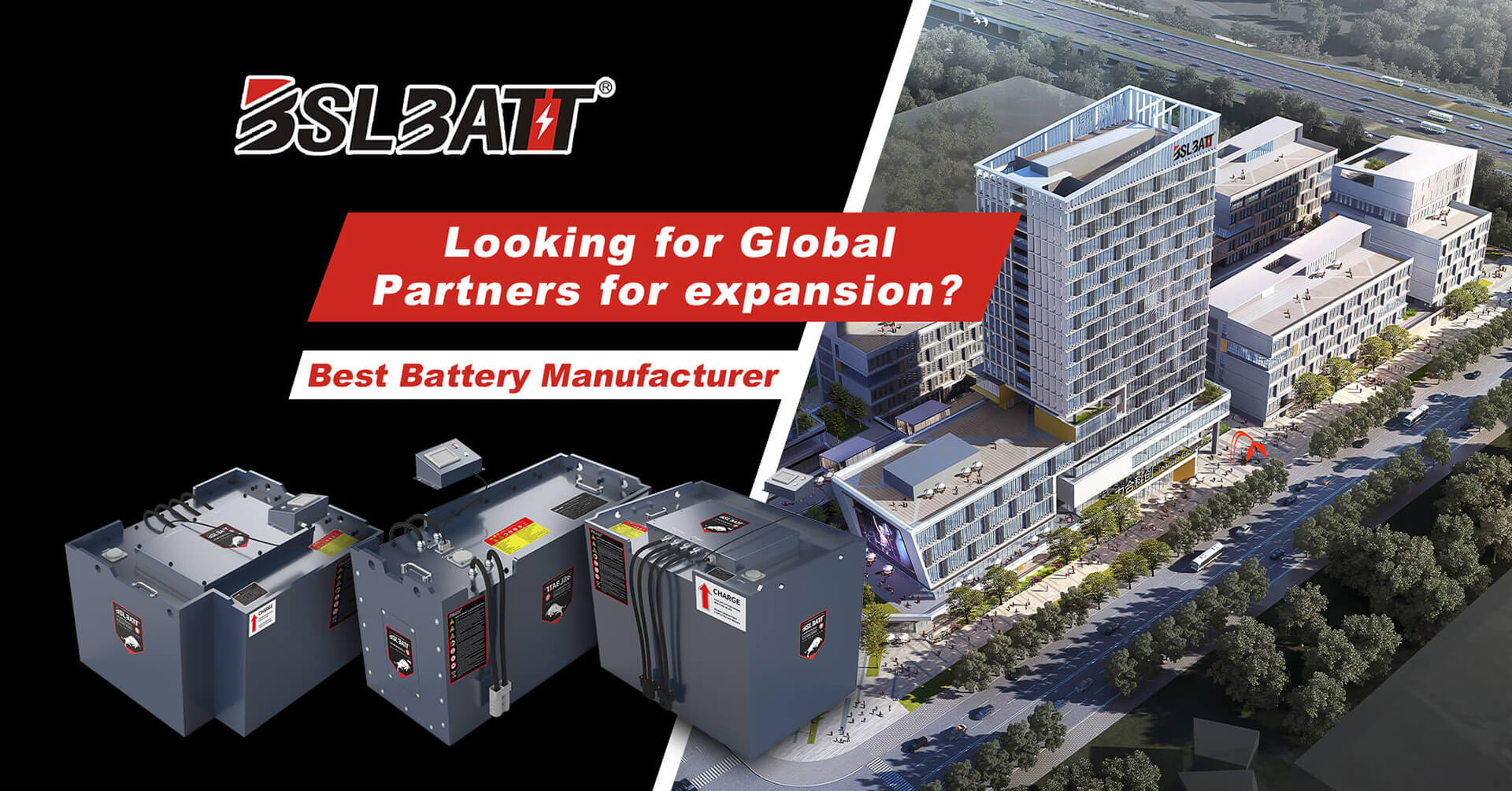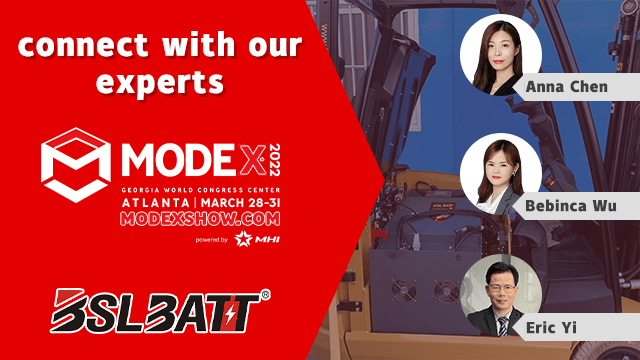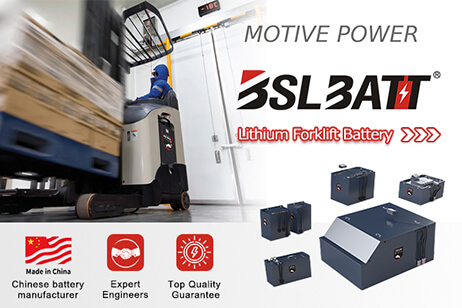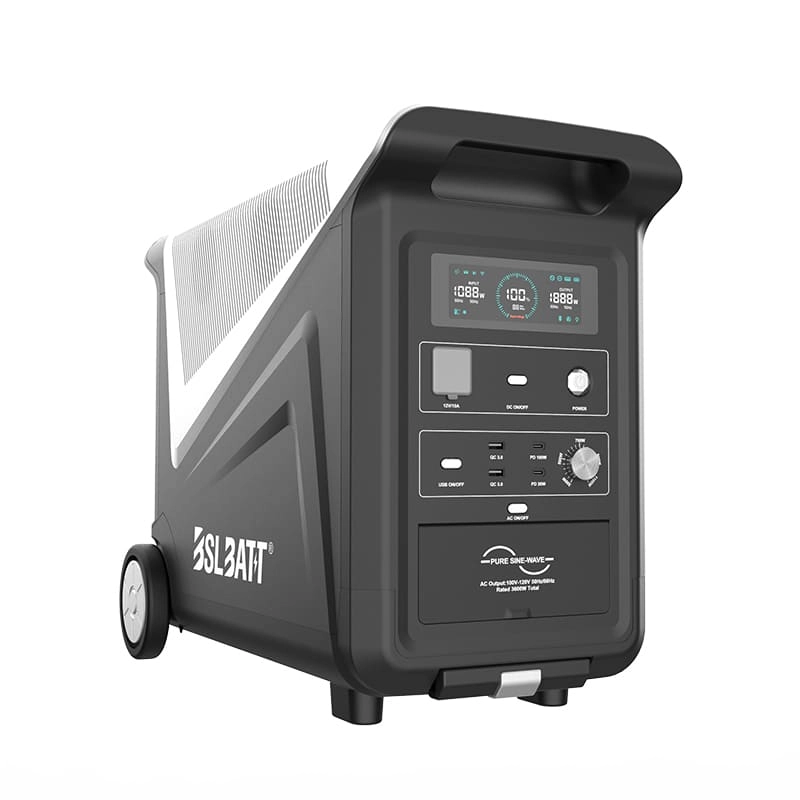
Notice: Undefined index: product_category in /www/wwwroot/www.lithium-battery-factory.com/wp-content/themes/baiila/functions.php on line 602
Notice: Undefined index: product_category in /www/wwwroot/www.lithium-battery-factory.com/wp-content/themes/baiila/functions.php on line 602
- China
- English
- Françai
- Español
- Deutsch
- Română
- العربية
- 한국어
- 日本語
- Italiano
- Português
- Gaeilge
- Dansk
- Čeština
- Русский
- Afrikaans
- Euskara
- Català
- Esperanto
- हिन्दी
- Ελληνικά
- Bahasa Melayu
- Polski
- Српски
- Kiswahili
- ภาษาไทย
- Tiếng Việt
- Türkçe
- Svenska
- Cymraeg
- Slovenčina
- Latviešu
- Malti
- Magyar
- Galego
- ગુજરાતી
- Eesti Keel
- বাংলা
- Shqip
- беларуская мова
- Nederlands
- Tagalog
- ქართული
- Íslenska
- Kreyòl Ayisyen
- Lietuvių
- Norsk
- slovenščina
- தமிழ்
- Українська
- ײִדיש
- اردو
- తెలుగు
- فارسی
- македонски
- ಕನ್ನಡ
- Bahasa Indonesia
- עברית
- Suomi
- Hrvatski
- Български
- Azerbaijani

Industry Application
-

Renewable-Energy
-
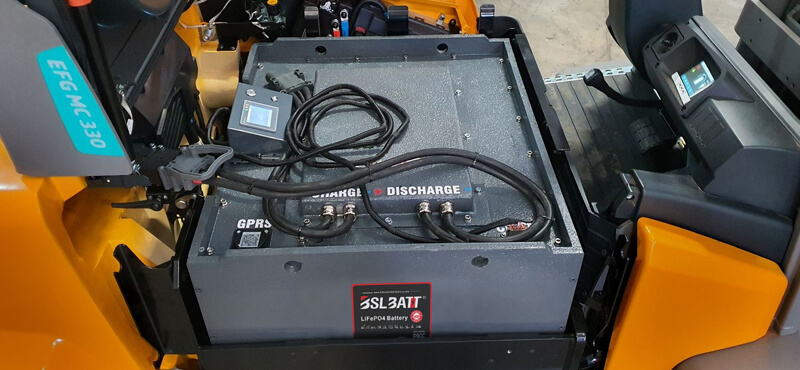
material handling vehicle
-

lithium Golf cart
-

RV, Trailer & Camper
-

Marine
-

Floor Machines
Notice: Undefined index: product_category in /www/wwwroot/www.lithium-battery-factory.com/wp-content/themes/baiila/functions.php on line 602
Notice: Undefined index: product_category in /www/wwwroot/www.lithium-battery-factory.com/wp-content/themes/baiila/functions.php on line 602
Product Type
Notice: Undefined index: product_category in /www/wwwroot/www.lithium-battery-factory.com/wp-content/themes/baiila/functions.php on line 602
Notice: Undefined index: product_category in /www/wwwroot/www.lithium-battery-factory.com/wp-content/themes/baiila/functions.php on line 602
EUROBAT calls for all battery technologies to be represented in the EU Battery Alliance, ensuring policy coherence and competitiveness of the sector
(BRUSSELS, 18 June 2018) – EUROBAT, the European association representing manufacturers of automotive and industrial batteries, organized its 2018 Forum in Brussels on 15 June.
In his welcome address of the Forum, Johann-Friedrich Dempwolff, President of EUROBAT and Vice-President Industry & Government Relations EMEA at Johnson Controls Power Solutions, emphasized the need to boost the competitiveness of the entire industry to lead towards the decarbonisation of several sectors of the economy, in the framework of the Battery Alliance launched by the Vice-President of the European Commission Maroš Šefčovič. All battery technologies have the potential to contribute to the decarbonisation of the European economy. He also underlined the necessity of having coherent legislation on batteries to improve the competitiveness of the EU battery industry, avoiding bans of specific technologies.
The sessions of the Forum addressed three topics in detail: (1) CO2 emissions from road transport – impact of EC proposals on battery development and manufacturing; (2) sustainability considerations of batteries; and (3) European Battery Alliance and new EC batteries action plan.
In his opening speech of session I, Stefaan Vergote, DG Clima, presented the European Commission proposal on new CO2 emission targets for cars, vans and heavy duty vehicles, in the framework of the transition to a decarbonized transport sector. Petr Dolejsi of ACEA (European Automobile Manufacturers’ Association) presented the viewpoint of OEMs on the proposed CO2 targets. He highlighted that improved fuel and diesel vehicles will continue to play a key role in future CO2 reductions, and that e-mobility targets should be subject to conditionality clauses on market uptake and fueling stations. Jon Stenning of Cambridge Econometrics presented the results of the European Climate Foundation study “Fuelling Europe’s Future II” and the societal benefits of shifting to e-mobility. He remarked that overall the transition will bring economic and environmental benefits, but some challenges will have to be addressed, in particular to mitigate the negative impact on jobs in the traditional automotive sector. Finally, Cian O’Dunlaing of Johnson Controls Power Solutions and chairman of the EUROBAT Starter-Lighting-Ignition WG presented the opportunities for low-voltage electrification, from energy recuperation to 48v technology. For these applications, multiple technologies, particularly lithium-ion and lead-based, will coexist for the foreseeable future to deliver CO2 savings.
The second session on sustainability considerations of batteries was opened by Chris Heron of Eurometaux, who remarked how a competitive battery industry is now recognized as absolutely essential for EU’s low carbon economy. To ensure the competitiveness of the industry, it will be fundamental to strike a balance between sustainability and industry growth objectives, achieving a sustainable and competitive raw materials industry. Micheal Ostermann of Exide Technologies stated that restrictions on selected heavy metals is a misleading concept, and a more integrated approach of environmental sustainability has to be considered. Risk Management should be regulated in the Batteries Directive. Prof. Dr. Eng. Noshin Omar of Vrije Universiteit Brussel presented opportunities and challenges related to second life of batteries. In particular, economic and legislative barriers will have to be addressed to boost the market for second life batteries. In the closing presentation, Evgeni Stoyanov of Trafigura discussed the impact of electric vehicles in the cobalt and nickel raw materials markets. Both markets are likely to experience a steady growth in the coming years, and production will have to increase considerably to satisfy growing demand of metals.
The last session on the European Battery Alliance and new EC batteries action plan was opened by Joanna Szychowska of DG Grow, who presented the plans of the European Commission to boost the competitiveness of the EU battery industry in the framework of the EU Battery Alliance. Dr Christoph Neef of the Fraunhofer-Institute for Systems and Innovation Research presented some forecasts on li-ion battery production and their potential growth related to the development of e-mobility. Dr Neef highlighted that Europe has the chance to manufacture its own battery cells, focusing on optimized LIBs or Li-based technologies in the short term and all-solid-state-batteries after 2025. Dr Alistair Davidson of the Advanced Lead Acid Battery Consortium (ALABC) presented key technical developments and applications for lead-based batteries. Lead-based batteries have still potential for development and are already contributing to the decarbonisation of the transport sector, and should therefore be covered in the EU Battery Alliance. Finally, Simon Perraud, PhD of CEA-Liten presented short and medium-term R&I priorities on batteries in the framework of the EU Battery Alliance.
René Schroeder, Executive Director of EUROBAT, closed the Forum thanking all participants and announcing that next year’s EUROBAT AGM and Forum will be held on 13-14 June in Berlin, Germany.
Reference source: Association of European Automotive and Industrial Battery Manufacturers
Notice: Undefined index: product_category in /www/wwwroot/www.lithium-battery-factory.com/wp-content/themes/baiila/functions.php on line 602
Golf Cart Lithium Battery Upgrade Guide
Notice: Undefined index: product_category in /www/wwwroot/www.lithium-battery-factory.com/wp-content/themes/baiila/functions.php on line 602
...
A Guide to Choosing the Best 48V Lithium Golf Cart Battery
Would it be worth investing in a 48V ...
10 Exciting Ways To Use Your 12V Lithium Batteries
Back in 2016 when BSLBATT first began designing what would become the first drop-in replacemen...
BSLBATT Battery Company Receives Bulk Orders from North American Customers
BSLBATT®, a China Forklift battery manufacturer specializing in the material handling indust...
Fun Find Friday: BSLBATT Battery is coming to another great LogiMAT 2022
MEET US! VETTER’S EXHIBITION YEAR 2022! LogiMAT in Stuttgart: SMART – SUSTAINABLE – SAF...
Looking for new Distributors and Dealers for BSL Lithium Batteries
Notice: Undefined index: product_category in /www/wwwroot/www.lithium-battery-factory.com/wp-content/themes/baiila/functions.php on line 602
BSLBATT battery is a fast-paced, high-growth (200% YoY ) hi-tech company that is leading the a...
BSLBATT to Participate at MODEX 2022 on March 28-31 in Atlanta, GA
BSLBATT is one of the largest developers, manufacturers, and integrators of lithium-ion batter...
What makes the BSLBATT the Superior Lithium Battery for your Motive Power needs?
Electric forklift and Floor Cleaning Machines owners who seek the ultimate performance will fi...
Search
latest product
Notice: Undefined index: product_category in /www/wwwroot/www.lithium-battery-factory.com/wp-content/themes/baiila/functions.php on line 602
Notice: Undefined index: product_category in /www/wwwroot/www.lithium-battery-factory.com/wp-content/themes/baiila/functions.php on line 602
Notice: Undefined index: product_category in /www/wwwroot/www.lithium-battery-factory.com/wp-content/themes/baiila/functions.php on line 602
Notice: Undefined index: product_category in /www/wwwroot/www.lithium-battery-factory.com/wp-content/themes/baiila/functions.php on line 602






